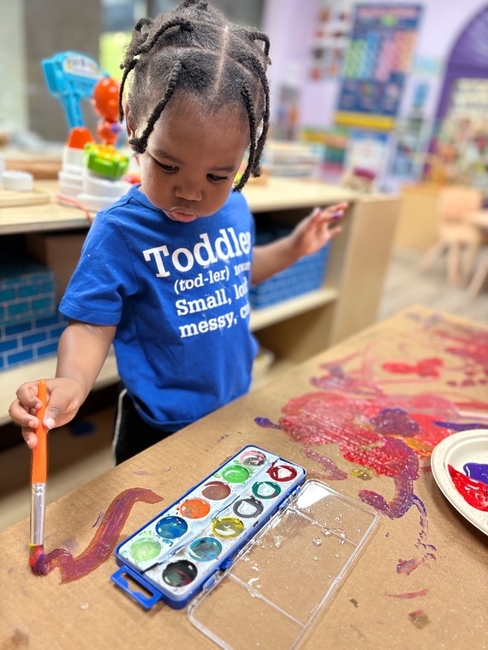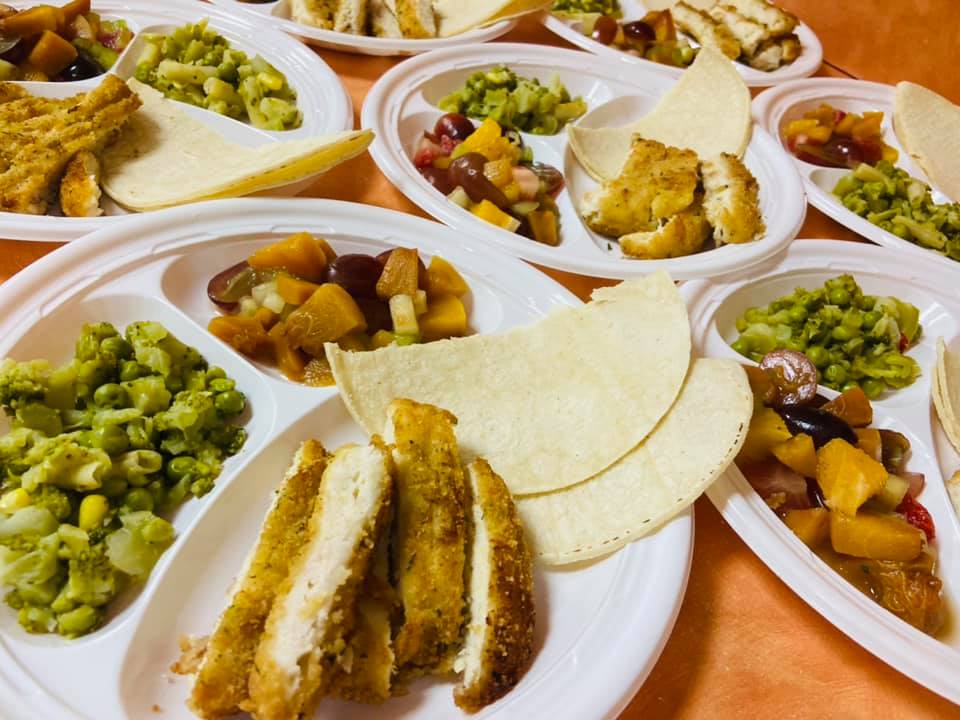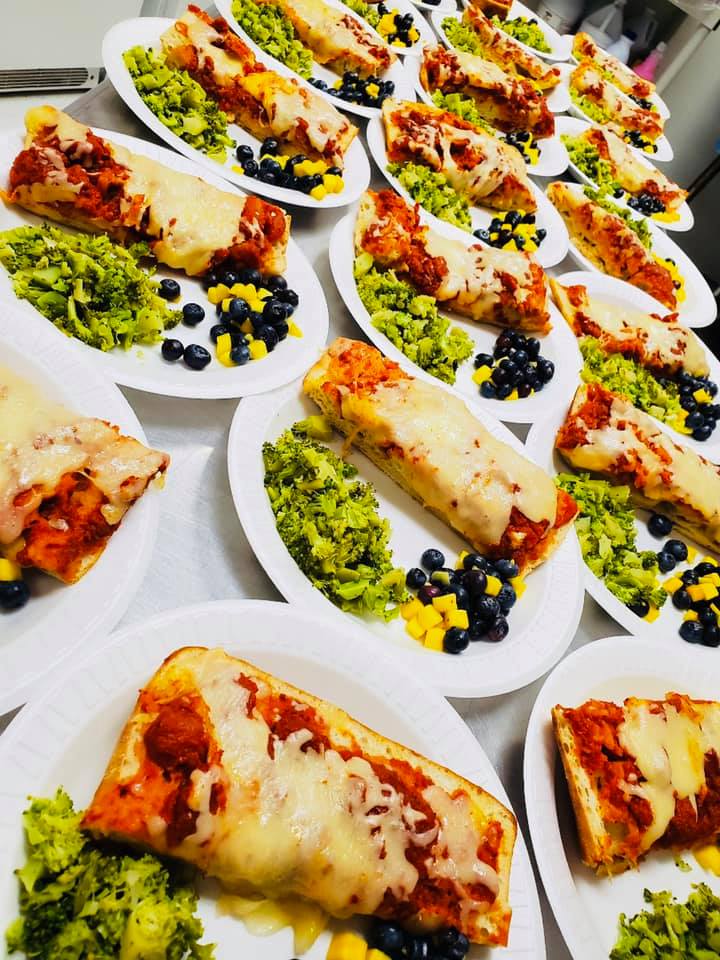The best toddler program in Westchester, NY or anywhere is one where your child fail-safe, loved, and excited to learn. When selecting a daycare for toddlers, don’t look only at fancy facilities, although facilities and the environment in which children learn matter. Pay attention to the people who’ll be caring for your child every day.
Here, we are sharing tips to help you find the right toddler care program for your 2-year-old.
Start With Your Gut Feeling
When you walk into a daycare, the first thing you need to do is trust your instincts.
- Does it feel warm and welcoming?
- Are the children happy and engaged?
We’ve seen parents choose places that looked perfect on paper but didn’t feel right when they visited.
At our toddler care center in Westchester, NY, we watch parents’ faces light up with smiles when they see their toddlers engaged in a science activity, or creating their own artistic masterpieces using treasures they found in nature and recycled materials. The joy as they learn about the world and themselves is palpable.
“This feels right” moments are important.
Look for Real Learning, Not Just Activities
Two-year-old are like sponges. They’re ready for so much. And so, it is vitally important to look for toddler programs that blend learning into everything they do.
Here, learning occurs through two lenses. From a child’s view of the world they are playing and exploring their interests all day. From an adult’s view of the world, we’re intentionally supporting individualized learning goals through play and exploration. We see 2-year-olds learning by practicing sign language during songs, exploring science through simple experiments, and doing so much more.
They don’t even realize they’re learning because it feels like fun.
Check the Teacher-to-Child Ratio
This is important for 2-year-olds who need lots of individual attention. In New York, the legal ratio is 1 teacher for every 5 toddlers, but smaller groups can be even better.
We ensure our toddler care groups receive lots of individualized attention, because we’ve seen the difference it makes.
When teachers can focus on each child, toddlers have all the fun and learning of being in a group with peers, while still receiving individualized care.
Ask About Daily Structure
Two-year-old improve better with routine but they also need flexibility.
A good program for toddlers is designed to balance both. Look for daycares in Westchester that have a clear daily schedule but can adapt when a child needs extra comfort or wants to explore something longer.
Our day flows from morning greetings to circle time to project-based play. But when children become engaged in what they are doing, we let them continue rather than rushing to the next activity.
Safety and Communication Matter
Check how a childcare center handles emergencies, what their pickup policies are, and how they stay in touch with parents. You want to feel connected to your child’s day even when you’re not there.
At Discovery Village, a member of the Childcare Council of Westchester, we use the Brightwheel app that sends real-time photos and updates. Parents tell us that it makes their work day so much easier because they know exactly how their little one is doing. We also use the Kisi app, ensuring that parents have access to the center, while keeping the facility secure.
Consider Your Child’s Personality
The best toddler program for your neighbor’s child might not be perfect for yours.
We always tell parents to think about what makes their child happiest at home.
- Is your 2-year-old shy or outgoing?
- Do they love music or prefer quiet activities?
Then, look for toddler care in Westchester that nurtures those interests.
Also, remember – it’s normal for 2-year-olds to have an adjustment period. Even the most confident kids might have some tears the first few days. A good daycare staff will work with you through this transition.
Your 2-year-old is only this age once. So, you must take your time to find the right toddler care program for your kids’ better development and care.
Frequently Asked Questions
Should I be worried if my 2-year-old cries at drop-off?
No, some tears are completely normal and usually last only a few days. At Discovery Village, our staff focus on making your child feel comfortable, and they also keep you updated on how they’re adjusting.
What questions should I ask during a toddler daycare tour?
When touring daycare for your child, you can ask about daily schedules, teacher qualifications, how they handle behavioral issues, their sick child policy, and what a typical day looks like for a 2-year-old.
Is it better to choose a home daycare or a center for my 2-year-old?
Both types of care can be great options, but childcare centers offer more structured learning and socialization. At our daycare center, your 2-year-old will find a nurturing environment where they will feel loved, cared for, and encouraged to learn as well.



